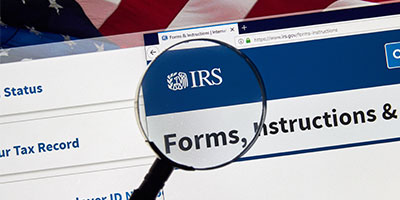In Massachusetts, even a well-planned home sale can fall apart at the last minute. Financing issues, appraisal gaps, inspection disputes, or sudden buyer’s remorse can bring a transaction to a halt — leaving both sides uncertain about their next steps.When that...

Should You Hire Your Lender’s Closing Attorney in MA & NH?
Should You Hire Your Lender’s Closing Attorney in MA & NH?
When you’re buying a home, there’s no shortage of decisions to make—fixed or adjustable rate? Move-in ready or fixer-upper? But here’s one question you might not have considered: Should you use the attorney your lender recommends for your closing?
In Massachusetts and New Hampshire, the answer isn’t as straightforward as you might think. Let’s break it down so you can make the choice that’s right for you.
Who Does the Lender’s Attorney Represent?
In many cases, the attorney your lender suggests is hired to prepare the loan documents and ensure the lender’s interests are protected. That’s right: their job is to watch out for the bank—not you.
While they may seem helpful and experienced, their primary duty is making sure the lender gets paid and the mortgage is legally enforceable.
Why You Need Independent Counsel
As the buyer, you’re making a huge investment. Wouldn’t you want someone looking out for your interests? Here’s what an independent closing attorney like The Law Office of David R. Rocheford, Jr., P.C. brings to the table:
- Protecting Your Rights: We review contracts, disclosures, and settlement statements for errors or unfavorable terms that could cost you later.
- Preventing Surprises: From title issues to zoning concerns, we catch potential problems before they derail your closing.
- Explaining the Fine Print: We translate legal jargon into plain English so you know exactly what you’re signing.
- Advocating for You: If disputes arise, we’re in your corner—not the lender’s.
What the Law Says in MA and NH
- In Massachusetts, buyers are required to have their own attorney for certain aspects of the closing process.
- In New Hampshire, it’s not legally required, but strongly recommended—especially for first-time buyers or complex transactions.
Your Advocate at the Closing Table
At The Law Office of David R. Rocheford, Jr., P.C., we help buyers throughout Massachusetts and Southern New Hampshire close with confidence. Whether you’re buying your first home or your forever home, our team ensures your interests come first—every step of the way.
Have questions about hiring your own closing attorney? Call us today and let’s talk.
Providing title, escrow, closing and settlement services to clients throughout Massachusetts and New Hampshire
From Our Clients
Recent News
When a Home Sale Falls Through: What Massachusetts Buyers and Sellers Can (and Should) Do Next
Why Fall Is the Smartest Season to Close on a Home in Massachusetts
With motivated sellers, fewer bidding wars, and faster access to closing professionals, the fall market offers a window of opportunity for buyers who value efficiency and value over hype.As the state adjusts to new home inspection laws taking effect in late 2025,...
What Buyers & Sellers in MA Should Expect Under the New Home Inspection Law
Starting October 15, 2025, Massachusetts buyers and sellers will need to adjust to a major shift in how home inspections are handled. Under 760 CMR 74.00: Residential Home Inspection Waivers, part of the Affordable Homes Act, buyers can no longer be pressured into...



















